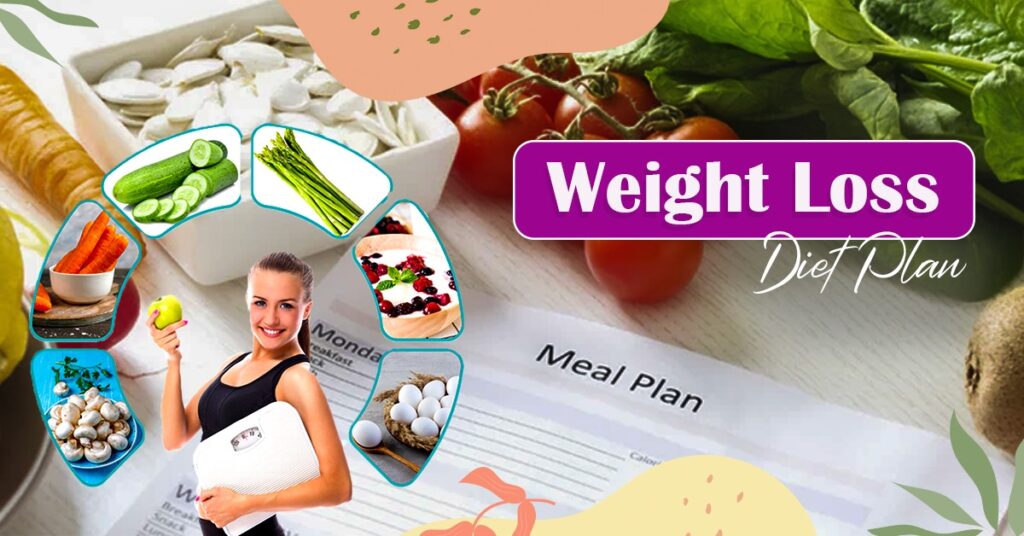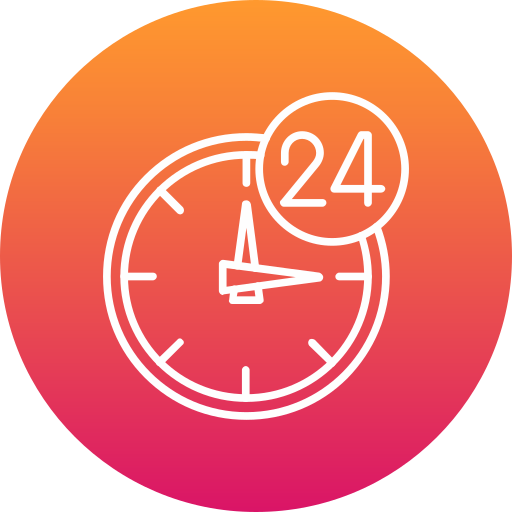
The Ultimate Weight Loss Diet: A Complete Guide to Lose Excess Weight Naturally Introduction Millions of people are suffering from excess weight and obesity around the globe. Excess weight is known to cause several chronic diseases such as type 2 diabetes, hypertension, cardiovascular diseases, cancer, metabolic syndrome, etc. Losing weight is a common goal for many individuals with obesity, but finding the right diet plan can be overwhelming. Physical activity accounts for only about 15 to 30 percent of daily energy expenditure, whereas food intake accounts for 100 percent of energy intake. With numerous fad diets and conflicting advice, it’s essential to follow a sustainable and science-backed weight loss diet. In this guide, we will explore the most effective dietary strategies for healthy and long-term weight loss. What is a Weight Loss Diet? A weight loss diet is a proper eating plan designed to help you reduce excess body fat while maintaining muscle and overall health. Our diet plan focuses on reducing fat while preserving muscle and improving overall health. The key to successful weight loss is reducing intake quantity (calorie deficit) — burning more calories than you consume—while ensuring you get adequate nutrition. Best Diet Plans for Weight Loss Low-Carb Diet for Effective Weight Loss Carbohydrate restriction encourages the fat-burning process through ketosis. A Low-carb diet includes foods like lean meats, eggs, vegetables, and healthy fats. Mediterranean Diet for a Balanced Weight Loss Approach Focuses on whole foods, lean proteins, healthy fats, and fiber-rich carbs. Emphasizes olive oil, nuts, fish, fruits, and vegetables. Intermittent Fasting and Its Benefits Alternates between fasting and eating windows. Helps regulate insulin levels and promotes fat loss. Plant-Based Diet for Natural Weight Loss Emphasizes fruits, vegetables, legumes, and whole grains. Reduces calorie intake naturally due to high fiber content. Best Weight Loss 7 Days Diet Plan for Healthy Results If you are looking for a weight loss 7 days diet plan, this can be an effective way to kickstart your journey. This plan includes a balanced mix of proteins, fiber, and healthy fats to keep you full and energized while helping you shed extra weight naturally. Day 1:Breakfast: Rava Upma with lots of veggies (or) Masala Chana (spicy chickpeas) Lunch: Sambar with brown rice (or) Chana Masala with 2 ChapatisDinner: Grilled Fish with Steamed Veggies (or) Methi Thepla with Low-fat Yogurt Day 2:Breakfast: Idli with Coconut Chutney and Sambar (or) Vegetable Paratha with Low-fat CurdLunch: Grilled Paneer Tikka with Salad (or) Palak Dal with 2 ChapatisDinner: Rasam with Quinoa (or) Kadhi Pakora with Rice Day 3:Breakfast: Pesarattu (Green Gram Pancakes) with Ginger Chutney (or) Poha with PeasLunch: Curry Leaves Chicken with Cauliflower Rice (or) Rajma with 2 ChapatisDinner: Vegetable Stew with Appam (or) Grilled Tandoori Chicken with Roasted Vegetables Day 4:Breakfast: Oats and Banana Porridge with Cinnamon (or) Masala Chana with ToastLunch: Mango Sambar with Brown Rice (or) Cabbage and Carrot Kofta Curry with 2 ChapatisDinner: Grilled Prawns with Steamed Broccoli (or) Baingan Bharta with 2 Chapatis Day 5:Breakfast: Oats Dosa with Tomato Chutney (or) Greek Yogurt Parfait with Flaxseeds and HoneyLunch: Vegetable Kurma with Brown Rice (or) Aloo Gobi with 2 ChapatisDinner: Fish Curry with Vegetable Salad (or) Palak Paneer with 1 Chapati Day 6:Breakfast: Idiyappam with Vegetable Stew (or) Vegetable Dalia (Cracked Wheat Porridge) with Papaya SlicesLunch: Methi Rice with Dhal (or) Gobi Masala with 2 ChapatisDinner: Methi Paratha with Low-fat Yogurt (or) Kadhi with Small Portion of Basmati Rice Day 7:Breakfast: Moong Dal and Spinach Pancakes with Mint Chutney (or) Masala Oats Lunch: Grilled Tofu and Vegetable Skewers with Millet Rice (or) Bhindi Masala with 2 ChapatisDinner: Mushroom Curry with 1 Chapati (or) Tandoori Paneer with Mixed Vegetable Stir-Fry Weight Loss Food Chart: The Best Foods to Eat A well-balanced diet includes nutrient-dense foods that promote fat loss while maintaining muscle, energy levels and health. Below is a simple weight loss food chart to help you make better food choices. Food Category Examples Effective Tips for Sustainable Weight Loss Adopting a long-term healthy lifestyle will provide sustainable weight loss instead of following a diet for a few days. Here are some scientifically backed strategies to ensure you achieve sustainable weight loss: Stay Hydrated: Drinking at least 4-5 liters of water to boost metabolism and reduce unnecessary calorie intake. Increase Protein Intake: Proteins play several important roles (hormones, enzymes, antibodies) in the body. Protein helps build muscle and keeps you feeling fuller for longer, reducing overeating. Eat More Fiber: High-fiber foods like vegetables, green leafy veggies, fruits, and whole grains improve digestion and promote satiety. Practice Mindful Eating: Avoid distractions while eating and chew food properly to prevent overeating. Get Enough Sleep: Sleep is essential for the human body to get the necessary recharge. Poor sleep disrupts hunger hormones and increases cravings for unhealthy foods. Manage Stress Levels: Stress can cause hormonal imbalances in the body. Chronic stress leads to emotional eating and weight gain due to hormonal imbalances. Engage in Physical Activity: While diet plays a crucial role, be physically active at least 180 minutes per week to enhances weight loss. Best Drinks for Weight Loss Choosing the right beverages can support your weight loss goals by improving metabolism and reducing calorie consumption. Here are some of the best drinks for weight loss: Green Tea: Contains antioxidants and boosts metabolism. Black Coffee: Helps burn fat and improve physical performance. Lemon Water: Aids digestion and detoxifies the body. Herbal Teas: Such as chamomile or ginger tea, reduce bloating and support digestion. Vegetable Juices: Provide essential vitamins and minerals with fewer calories. Common Weight Loss Mistakes to Avoid Many people struggle with weight loss because of common mistakes. Here’s what you should avoid: Skipping Meals: This leads to slower metabolism and increased cravings. Following Extreme Diets: Crash diets can lead to nutrient deficiencies and rebound weight gain. Consuming Too Many Liquid Calories: Sugary beverages, sodas, and even fruit juices add unnecessary calories. Lack of Protein Intake: Not eating enough protein can lead to muscle loss instead of fat loss. Unrealistic Expectations: Sustainable



